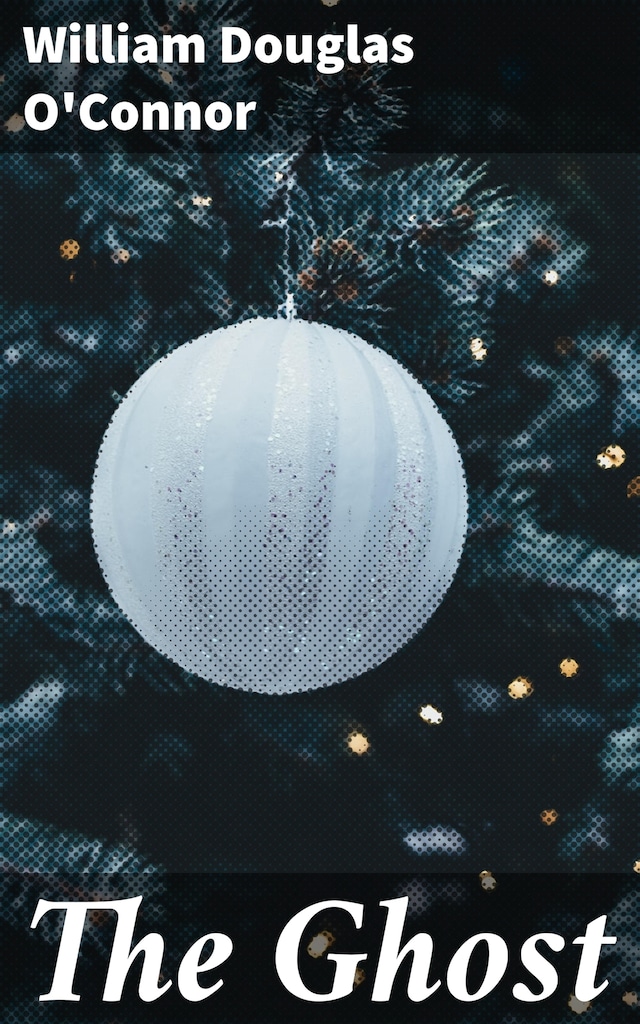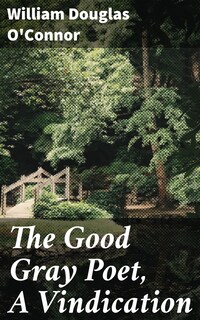The Ghost
A Haunting Tale of Love, Grief, and the Afterlife in Gothic Literature
Description of the book
In "The Ghost," William Douglas O'Connor explores the intricacies of human experience through a blend of realism and supernatural elements. This novella delves into themes of memory, grief, and the complex relationship between the living and the dead. O'Connor's vivid prose and evocative imagery create an emotional landscape that invites readers to confront their own relationships with loss and the lingering presence of loved ones. Set against the backdrop of mid-19th century America, the work reflects the era's fascination with spirituality and the supernatural, illustrating how such beliefs intersect with everyday life and human consciousness. William Douglas O'Connor was a prominent figure of his time, known for his literary criticism and friendships with influential writers such as Walt Whitman. His deep engagement with issues of identity, mortality, and the spiritual realm undoubtedly influenced his decision to pen "The Ghost." O'Connor's connection to Whitman and his experiences within the literary scene of the period provided the intellectual and emotional framework for this story, allowing him to weave personal introspection into a narrative rich with broader existential themes. Readers interested in the interplay of the real and the spectral will find "The Ghost" a compelling addition to their literary collection. O'Connor's work not only captivates with its eloquent style but also challenges us to reflect on our own perceptions of memory and the afterlife. This novella serves as a testament to the enduring power of storytelling and its ability to bridge the gap between the seen and the unseen.
 William Douglas O'Connor
William Douglas O'Connor 61 Pages
61 PagesThe book The Ghost and over 1 million other books
from £59/month
Fill your life with stories































